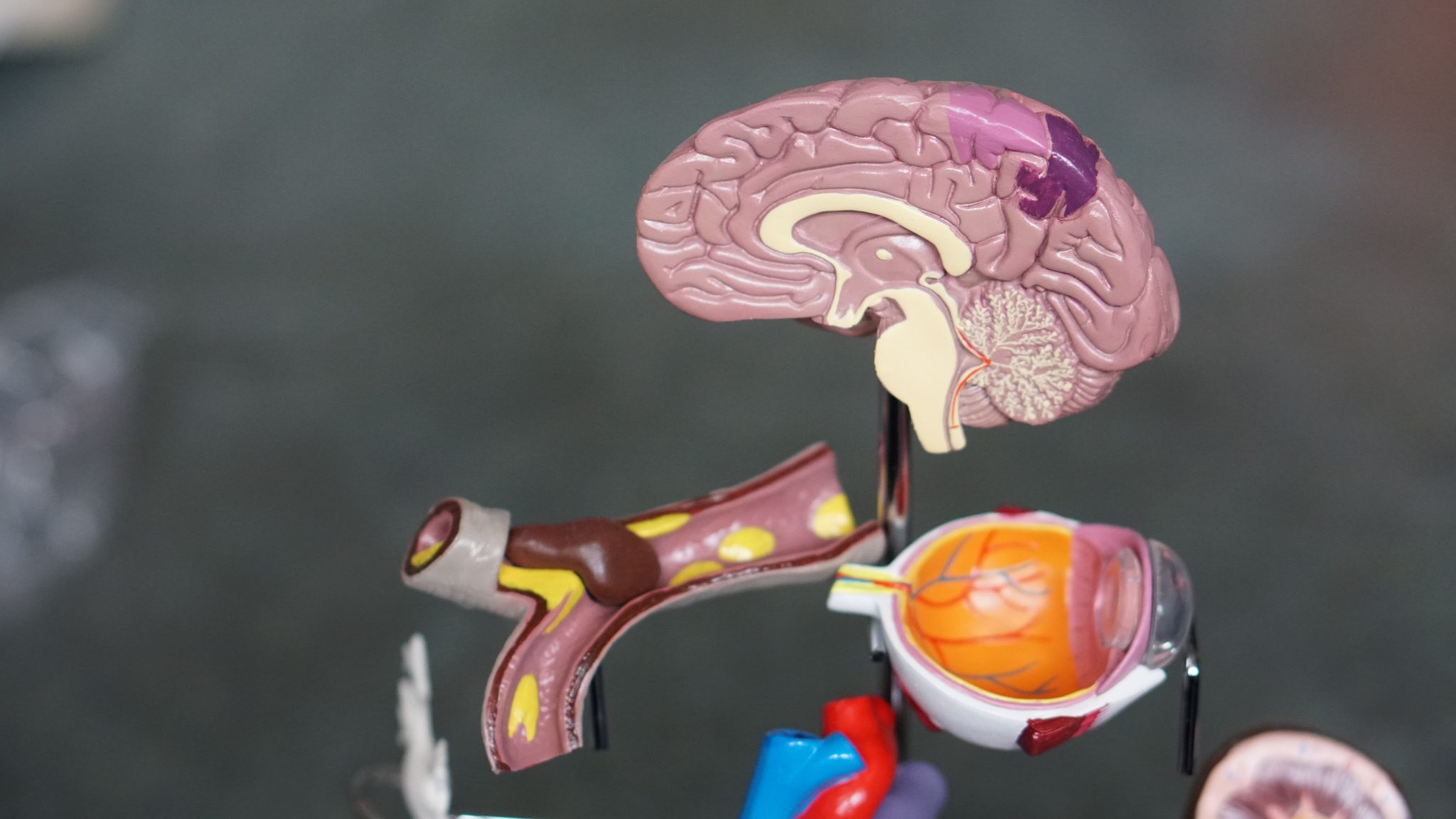Signs of Hypertension
How do you know if you have hypertension, also known as high blood pressure? Often, many people don’t even realize they have hypertension because they don’t experience any symptoms. You may have experienced occasional high blood pressure from dietary choices or stressful situations, but for some people, this is a chronic problem. To protect your health, you must know the signs that indicate you may have hypertension.
Some of the signs of hypertension are headaches, nosebleeds, vision disturbances, irregular heartbeat, and fatigue.
Let’s take a look at the signs of hypertension, how it can affect your health, and what you can do to prevent or decrease your risk of hypertension.
What are the Signs of Hypertension?
Hypertension can be a serious problem for your health since it often presents no symptoms unless the condition is very severe. It affects nearly half of all adults in the U.S. so there’s a good chance you could have it without realizing it. It’s referred to as the “silent killer” for good reason, so you must be aware of the signs of hypertension so you can seek treatment.
When your blood pressure has become extremely high, you may notice some of these symptoms:
- Severe headaches
- Nosebleeds
- Fatigue
- Vision disturbances
- Irregular heartbeat
- Breathing difficulties
- A pounding feeling or pain in your chest
If you notice any of the above symptoms of dangerously high blood pressure, you should seek medical treatment immediately. Symptoms such as those listed can indicate hypertensive crisis which means that your blood pressure has risen to dangerous levels, above 180/120. A hypertensive crisis could lead to a heart attack or stroke, so time is of the essence.
You should first give yourself 5 minutes to rest and then check your blood pressure again to see if it has decreased to save levels. If it is still in a dangerously high range, it’s time for urgent treatment.
Intense headaches
Can indicate a hypertensive crisis. When your blood pressure is exceptionally high, it can create pressure in your head that leads to a headache that can feel as severe as a migraine.
Nosebleeds
Typically only occur when your blood pressure is really high. If you have hypertension, your risk of nosebleeds increases, and the nosebleeds you have will be more severe. In some cases, you may need medical treatment that involves nasal packing to stop the bleeding.
Fatigue
Can be indirectly related to hypertension due to conditions caused by elevated blood pressure, such as heart or kidney issues.
Vision disturbances
Related to hypertension are due to a condition called hypertensive retinopathy. When your blood pressure is chronically high, it can affect the health of your retinas. The blood vessel walls can thicken and constrict the blood vessels, causing swelling in the retinas. It puts pressure on the optic nerve which is what causes disturbances with your vision, like reduced vision or double vision.
An irregular heartbeat
Can be caused by uncontrolled high blood pressure. Studies have shown that aggressive treatment to control blood pressure plays a role in decreasing the risk of heart arrhythmia.
Breathing difficulties
Are part of a condition referred to as pulmonary hypertension. You may notice shortness of breath during physical exertion, like walking up a flight of stairs. You may also become dizzy or faint.
Chest pain or pounding
Is part of a condition called angina that results when chronic high blood pressure begins to harden the arteries and reduce blood flow to the heart.
How Can Hypertension Impact Your Health?
Beyond high blood pressure, hypertension can also have other impacts on your health.
Left untreated, hypertension can lead to the following health conditions:
- Heart disease
- Stroke
- Vision problems
- Kidney failure
These conditions can be serious so it’s best to make the lifestyle changes necessary to decrease your risk of hypertension.
What Can You Do to Decrease Your Risk of Hypertension?
Since you may not realize you have hypertension until the condition has progressed, you should make efforts to decrease your risk.
Being proactive about your health can help decrease your risk of hypertension. The following action steps can help you manage your blood pressure to protect your heart health.
Find out if any of your close family members have hypertension.
A family history of hypertension can increase your risk so be vigilant about your blood pressure to prevent this condition.
Stay on top of doctor visits.
One of the best ways to know if you have hypertension is by getting regular check-ups with your doctor. Keeping up with regular visits to your doctor can ensure the early warning signs are detected so you can treat your high blood pressure before the condition worsens.
Use a home blood pressure monitor
to keep track of your blood pressure more frequently. If your blood pressure tends to run high, it’s best to check it often so you can notice any sharp increases in time to get treatment before it progresses.
Build up your stress management skills.
Reduce stress in your life where you can and learn how to better manage unavoidable stress. Try breathing exercises, yoga, Tai Chi, and meditation to calm your mind and lower your blood pressure.
Staying active
Is critical for supporting healthy blood pressure as well as overall heart health. Exercising for thirty minutes, five times a week, at a pace that is appropriate for you can help strengthen your heart and protect you from health conditions like hypertension. Regular physical activity can also serve as a stress reliever which is another way to reduce high blood pressure.
Follow a heart-healthy diet like the DASH diet.
The DASH (Dietary Approaches to Stop Hypertension) diet was designed specifically to promote healthy blood pressure and treat high blood pressure through dietary choices. This plan involves limiting foods high in saturated fats, sugar, and sodium. The focus is on eating plenty of fruits, vegetables, whole grains, low-fat dairy, and lean proteins.
Lose excess weight, especially around your waistline.
Fat around the waistline, known as visceral fat, is especially problematic as it can contribute to more serious health conditions, including hypertension. Visceral fat surrounds the organs in the abdominal area so it’s important to trim your waistline for optimal health and longevity. It is recommended that men have a waistline of less than 40 inches and women of less than 35 inches.
Summary
Now you know how being vigilant about getting your blood pressure checked out can be beneficial for your physical and mental wellbeing. You also know some of the signals your body may be sending out to tell you that it needs some additional support for your cardiovascular health.
While a healthy diet and lifestyle are extremely helpful for a strong cardiovascular system, it’s important to seek out professional care if you have a history of heart disease or experience any symptoms related to heart disease. If you’re experiencing symptoms of high blood pressure that don’t respond to diet and lifestyle changes, contact us today to book an appointment.





